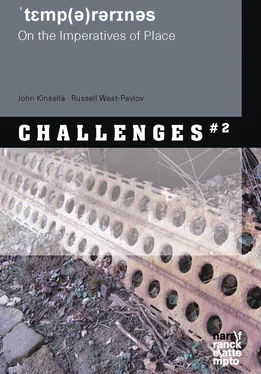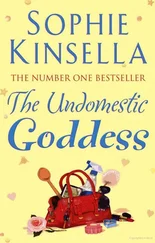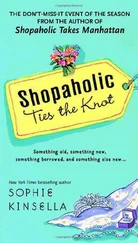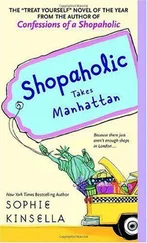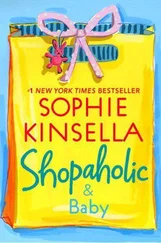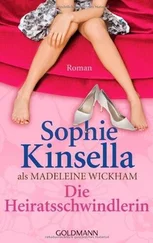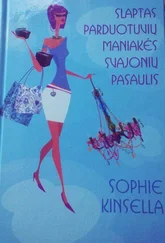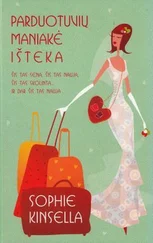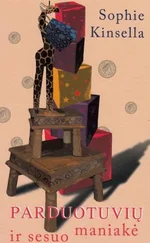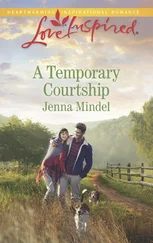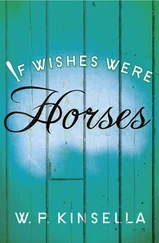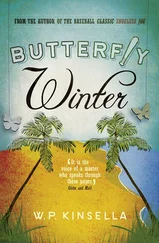Shal’t thou roam thro’ the woodland dell,
No more midst festive scenes shall sing
The wildsome songs you loved so well.
So, considering the poem I have chosen by the early ‘settler’ poet of Western Australia, Elizabeth Deborah Brockman, we might think of where it came from. It may not be as overtly original as much other European poetry of the period, but it was extremely unusual to come out of the ‘bush’ of Western Australia at the time. Written at Seabrook, the property on which Brockman lived with her husband and children near the colony’s earliest inland town of York, it encapsulates the sense of loss and disconnection ‘settlers’ often felt in their ‘strange’ new place.
Brockman migrated with her parents to the Swan River Colony from Edinburgh where she had been born in 1833. She was seven years old. Living on a property known as Glen Avon (which I often pass, travelling from Jam Tree Gully to the town of Northam), by the Avon River, she led a bookish life and became one of the earliest and certainly most accomplished settler poets, publishing as ‘E.’ in the local church magazine. I have written a lot about Brockman, investigating colonial subtexts in her writing (there is only a small book of poems published after her death in 1914), women’s right in the colony, religious obsession and security, depression, and most importantly, I think, the fact that Brockman lived on land that had been stolen from the Noongah people, the traditional owners and custodians of country.
These subtexts are obscured in the poems, but through reading letters, journal entries (by other parties), prose commentaries in the Church of England magazine, and other snippets discovered in historical archives, one gets the typical picture of both a predictable exploitation of indigenous people and religious patronising. But I also argue there is something more than a sense of superiority and possibly guilt eating away at the edges of the sense of belonging and alienation in her poetry; that in those local flowers that have ‘no dear familiar names’, there is an acknowledgement that access is something that has to be granted, that it can’t just be taken. The flowers from ‘home’, the Old Country, she receives in the mail, sent by ship and taking six months to reach her, are the dried residue of an old life, a life of her childhood, of a country that is no longer hers. They act as symbols of the absent present, triggers of memory, signatures of her own history (and that of her colonial family) and of those left behind in the Old Country. They are dead but look (fragilely) alive, they are almost living memorials, or maybe simulacra of themselves, and her ‘othered’ self. They are signs of what she might have been. As Pierre Nora (1989: 8) observes, ‘Memory is a perpetually actual phenomenon, a bond tying us to the eternal present; history is a representation of the past.’
But the poet is also an alien in this stolen land, and for all her effort to become one, to become the place she now lives in, she can’t entirely. She is isolated by distance and by unbelonging. She is permanently temporary, and when she loses family to death or returning to England (or Scotland), the loss is doubled in spiritual and conceptual ways. The cost of this to her is immense, and to those who have been dispossessed, and though discovering this poem as a young person was an epiphany to me, especially having spent so much of my life in the region out of which she wrote, it also represents the crisis of writing poetry as a non-indigenous person in the place I know as ‘home’. Brockman says:
I look around and see
A thousand gayer tints; the wilderness
Is bright with gorgeous rainbow colouring
This wilderness is her angst and her security. In the alienation is her poetry, but also her desire for conformity. She is both recognising her non-belonging and trying to counter it. Those ‘gayer tints’ include wildflowers and trees, from donkey orchids to the blossom of York gums and wandoos, which I know so well.
Many years ago I wrote an essay on Brockman that begins:
The case of the Western Australian poet, Elizabeth Deborah Brockman, who wrote the bulk of her poetry in the 1860s, is unique. A poet of depth, grace, subtlety and controlled anger [now I’d see this as melancholy, and not a barely visible ‘anger’], her work carries a spiritual content akin to Emily Dickinson’s [now I also see this differently—the struggle to be what one is not, determination to subscribe to the manners of the Church and contingent social interactions, the struggle with depression and frequent physical isolation in a more seemingly hebephrenic way in the poems while rebelling against it; Brockman’s torments are all below the surface of her poems], and a formal approach and language-resonance that might remind the modern reader of Elizabeth Barrett Browning. These tonal signifiers are fused with an appreciation of the local, and a ‘transcendent’ sense of spatiality, linguistic and geographic hybridity, and ‘nature’. Despite being isolated in bush rural areas in the years after the founding of the Swan River Colony (1829), Brockman kept up with modern literature through regular consignments of books from the “old country”. There is no doubt she was familiar with the work of Barrett Browning (whose Poems were published in 1844 and were fantastically popular)...
And as background:
In the colony, poetry—much of it doggerel, though with the occasional gem—featured in the various newspapers that came with the ‘settlement’ of what is now known as Western Australia. Papers such as the Swan River Guardian (1836-1838), Inquirer (Perth, 1840-1901) Herald (Fremantle, 1867-1889), and Sun (Kalgoorlie, 1898-1929) were vehicles for the development of a State and regional literary consciousness. It wasn’t until 1873 that the first book of original verse by a Western Australian poet was published, Henry Clay’s Two and Two .
It’s this connection, in what is formulaic in her verse (the ‘dew’), and the oddness of its circumstances of production, that interests me still. In the last stanza of the poem, Brockman talks of the delicate dried flowers as being ‘frail memorials’, an echo of the markers of death of the colonists in their often-isolated graves, and the memory of markers in the Old Country. What is built is tenuous. More: the markers of memorialising are not visible to the casual observer, as they involve the deaths of those whose land is stolen, and the lost graves of those who died in ‘exploring’ and colonising. No word in this poem can be read within the conventions of English-language verse; every word, as ‘pat’ as it seems, comes with a contextual kick. Those who are in the Old Country are as the dead, as she is dead to them. The stolen land is haunted by misdeeds and her loss of connection is a haunting, too. She doesn’t overtly say this, but all colonial poetry, especially that written in such profound social and cultural isolation, tends towards such complexity. The electric link is more Frankenstein than a polite shudder of a genteel religious lady. Her religion is a buffer and buffers can dissolve so easily. The last few lines of affirmation and well-wishing are reassurance, not a polite homily.
When her family collected her work after her death, the small book came with an interesting preface. I quote a couple of extracts here:
Elizabeth Deborah Brockman, the authoress of this small book of verse, has just reached the close of her long and beautiful life. She passed away at her residence at Cannington in her 82nd year. She was the eldest daughter of Lieutenant Frederick William Slade, and was born in Edinburgh in 1833. When she was in her seventh year, her parents hearing much of the new settlement in Western Australia, caught the spirit of adventure and decided to join the small band of colonists there, and to find a new home for their young children in the land of the Southern Cross.
Читать дальше
